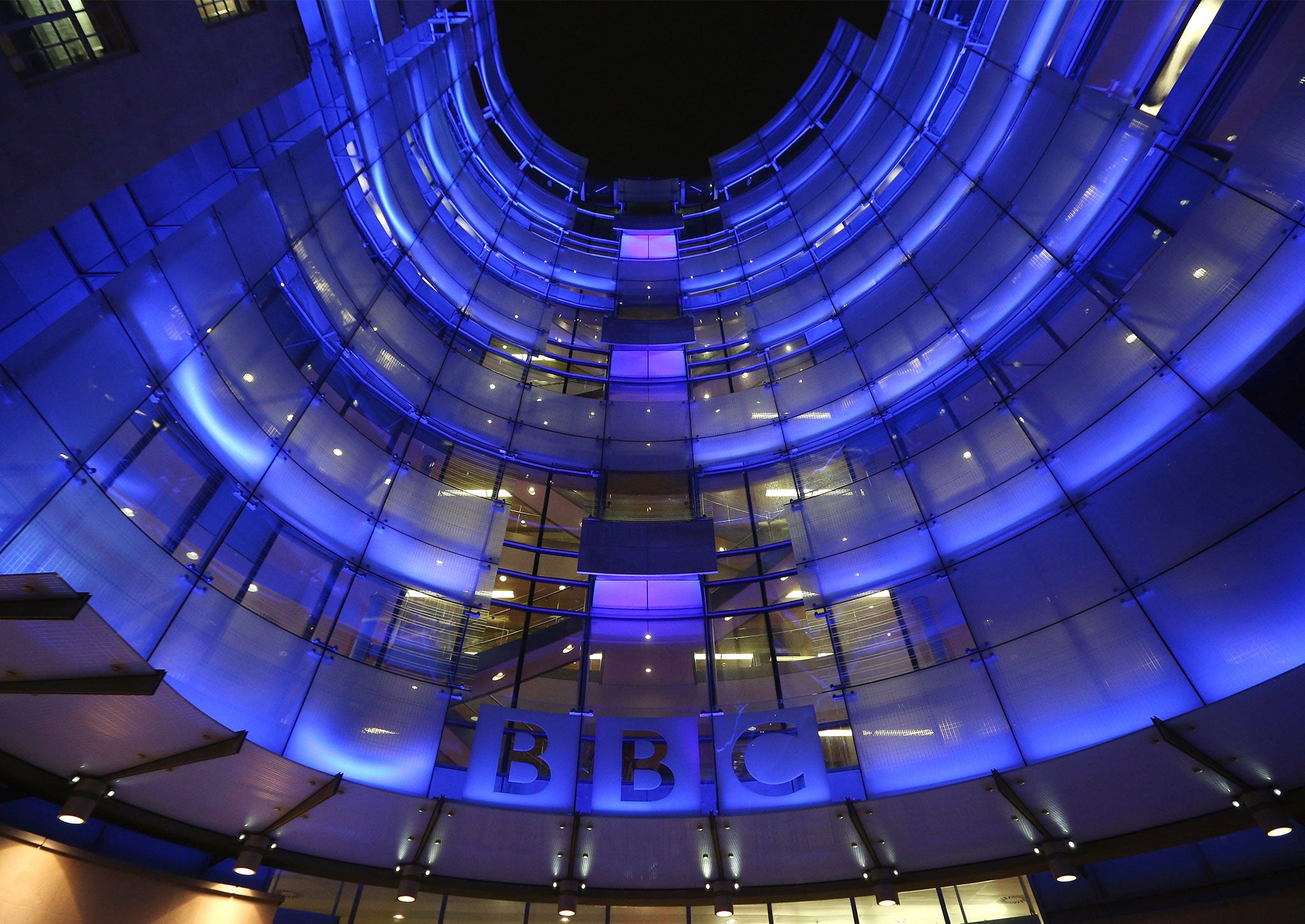BBC has 'greater responsibility' than other broadcasters to recruit women in news and current affairs, report says
Peers believe that not enough is being done to enable more women to work in the genre

Your support helps us to tell the story
From reproductive rights to climate change to Big Tech, The Independent is on the ground when the story is developing. Whether it's investigating the financials of Elon Musk's pro-Trump PAC or producing our latest documentary, 'The A Word', which shines a light on the American women fighting for reproductive rights, we know how important it is to parse out the facts from the messaging.
At such a critical moment in US history, we need reporters on the ground. Your donation allows us to keep sending journalists to speak to both sides of the story.
The Independent is trusted by Americans across the entire political spectrum. And unlike many other quality news outlets, we choose not to lock Americans out of our reporting and analysis with paywalls. We believe quality journalism should be available to everyone, paid for by those who can afford it.
Your support makes all the difference.Broadcasters must do more to recruit women in news and current affairs since current initiatives to do so are failing, a House of Lords report has found.
The BBC in particular has a "greater responsibility" to reflect its audience, the House of Lords Communications Committee said in its report.
The Committee acknowledged that the "fast-paced nature and immediacy of news and current affairs" posed challenges to gender equality.
But peers believe that not enough is being done to enable more women to work in the genre, especially in senior positions.
Lord Best, committee chair, said: "Through this inquiry, it has become clear that there are simply not enough women in news and current affairs broadcasting.
"Although on the surface it appears that women are well represented, the facts tell a different story. We heard, for example, that men interviewed as experts outnumber women 4 to 1 on radio and TV."
Lord Best said working in current affairs posed "additional barriers to women – for example, the fast-paced nature of news which can mean anti-social hours, and freelance work that can make it harder for women with caring responsibilities – the situation is simply not good enough.
"The fact that news has such a wide-reaching audience means that a special effort must be made by broadcasters – public service broadcasters in particular and especially the BBC because of its special status and its dominance as a provider of news and current affairs.
"We were also concerned about the evidence we heard suggesting that discrimination against women, particularly older women, still exists in the industry."
Join our commenting forum
Join thought-provoking conversations, follow other Independent readers and see their replies
Comments